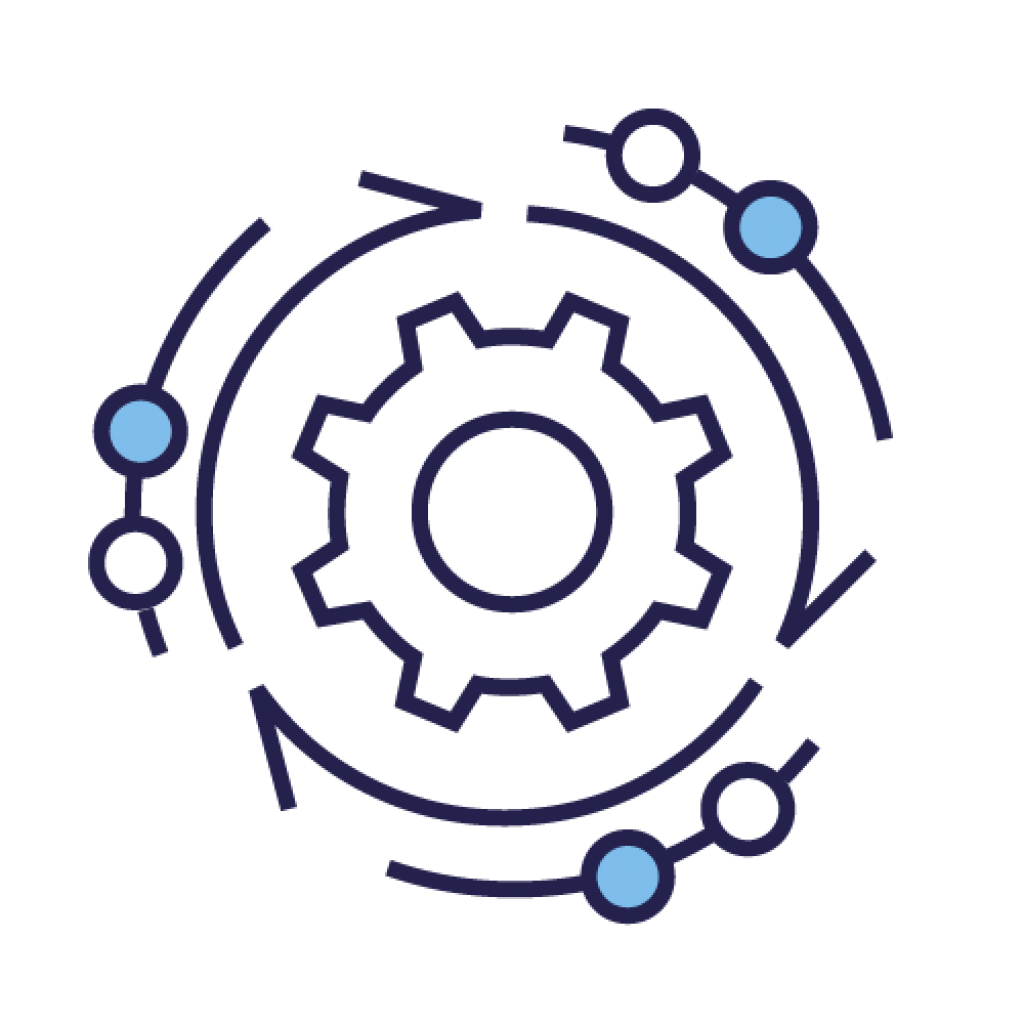How Unilever Powers Growth with Customer Centricity

CEOs Focusing on “Simple Growth”
With increased market pressure on margins, CEOs are now prioritizing simple growth (revenues, sales, and market share) over structural growth (reorganizations, mergers & acquisitions). That’s according to a recent study of over 400 business leaders by Gartner.
While growth opportunities will differ by industry, according to Gartner analyst Mark Raskino, CEOs are focused on diversification — driving new opportunities through adjacent markets or geographies, cross-selling and upselling channels, or creating new digital products and services.

53%
of CEOs cited simple growth as one of their top three priorities for 2019

82%
of CEOs say they have a digital transformation initiative underway (up from 62% in 2018)

47%
of CEOs ranked technology enablement as top two ways to
drive productivity
Source: 2019 CEO Survey: The Year of Challenged Growth, Gartner
Unilever Gets Agile
As one of the world’s largest consumer goods brands, Unilever deeply understands the challenges of growth. Exploring new growth opportunities meant getting much more agile, focusing on the rapid development of new products and partners, removing bureaucratic constraints, and putting the customer at the core of its growth strategy.
To power business agility and this new growth strategy, Unilever needed to think differently about how it prioritizes, organizes, and deploys resources to its most important initiatives. One key was thinking in terms of outcomes and initiatives, rather than the restrictions imposed by internal capacity and silos.
“We’re literally moving from thinking in terms of constraints to thinking in terms of the abundance of resources, possibilities, and use cases, and showing that to the world,” says Raquel Suarez, Global HR Innovation & Leadership Development Leader.
So far, the results of this new way of thinking include:
- An initiative in Pakistan to develop a new product to guarantee ice cream delivery in 10 minutes or less. The initiative included a hackathon with over 350 ideas, plus a partnership with a logistics company that developed a dedicated AI platform for the product. The result was an additional 1% growth in the 1 billion Euro market.
- An effort to launch five new beauty products in Indonesia with limited marketing support. By filling the gap with temporary marketing talent accessed through the Catalant platform, the division was able to successfully launch all five new products in 9 months or fewer.
- An initiative in China to market a shampoo brand to millennials. With few millennial workers on the team, Unilever created a crowdsourcing campaign that helped create a successful new campaign in only two months.
Each of these simple growth success stories demonstrates the power of customer centricity and the value of speed to large organizations looking for new growth opportunities.
“We’ve moved from planning to experimentation, from privacy to transparency as well. So this is a whole ecosystem of change that we’re doing in Unilever,” says Suarez.
Check out the video of Raquel Suarez’s talk at a recent Catalant event for more details.